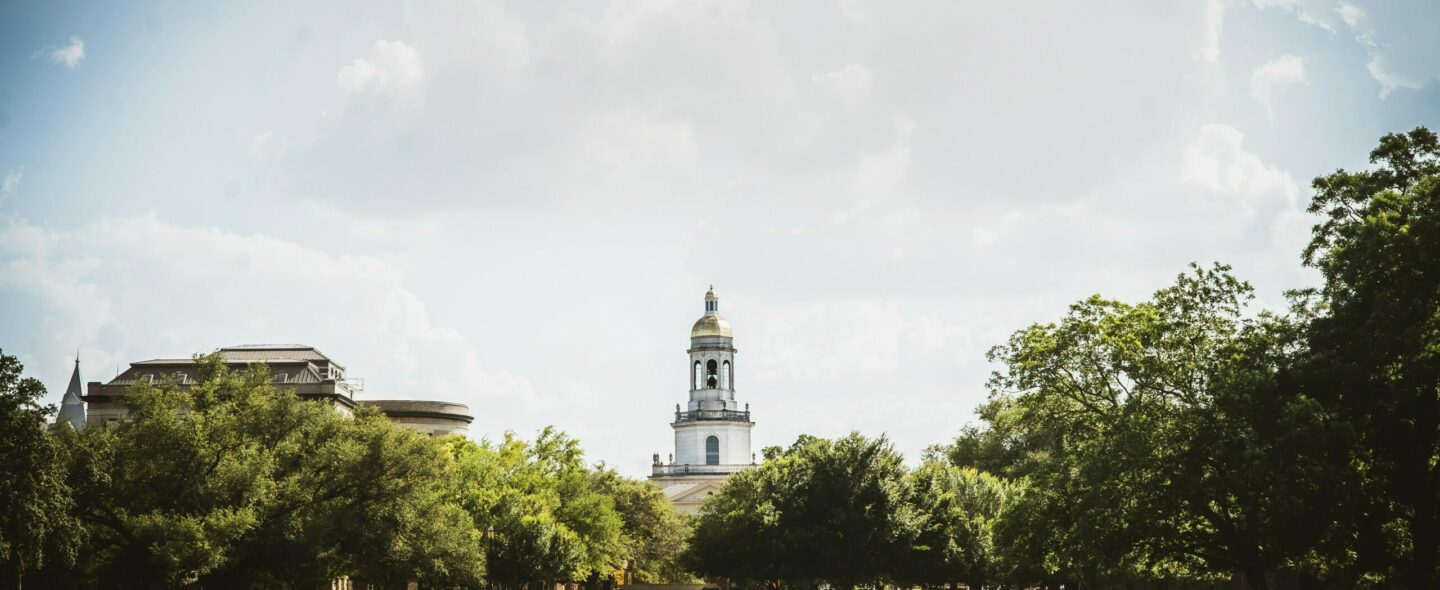
September 3, 2024 | Online
The job of university president has grown increasingly challenging, amplified by crises such as the COVID-19 pandemic and campus protests. The high turnover in presidencies in the US reflects the mounting pressure and almost impossible task of fulfilling student, faculty, and community expectations in times of crisis. American university leaders face simultaneous internal challenges, broader economic headwinds, and increasing political polarization. How are university presidents navigating the current climate, and how might these challenges translate into the Swiss context? Swissnex explored these questions during a recent online event which welcomed 25 senior leaders from Swiss higher education, including 13 university presidents.
The virtual conversation featured a talk by Professor Brian Rosenberg from the Harvard Graduate School of Education, who is former president of Macalester College and author of the recent cover article in The Chronicle of Higher Education, “The Impossible College Presidency.” Professor Luciana Vaccaro, Rector of HES-SO and President of swissuniversities, also contributed her perspective on the Swiss higher education system. Their inputs were followed by an audience-driven discussion with leaders of Swiss higher education.
Participants spoke to the escalating challenges confronting university presidents in Switzerland and in the US alike, even if on a different scale. While these issues are not new in the US, they have been intensified by financial pressures, aging populations, and declining enrollments. University presidents are increasingly expected to navigate cultural divides and are often seen as political figures despite their limited authority. The common response of replacing leaders often exacerbates frustration, as the core problems remain unresolved. Similar concerns were echoed by leaders from Switzerland, where demographic shifts, public dissatisfaction with higher education, and financial pressures, present related challenges.
As participants discussed, contrary to common belief, university leaders in both countries have limited power over their own institutions, making inspiring leadership crucial. It is thus seen as crucial for university presidents to remain sensitive to the political agenda of university stakeholders in order to respond effectively to changes like enrollment shifts or adopt innovative practices such as experiential learning. Fortunately, crises often spur innovation, and leaders on both sides of the Atlantic are optimistic. During the virtual discussion, they explored ways to ensure that higher education in both countries meets expectations while safeguarding academic freedom, revealing that, despite geographic distance, their challenges are remarkably similar.